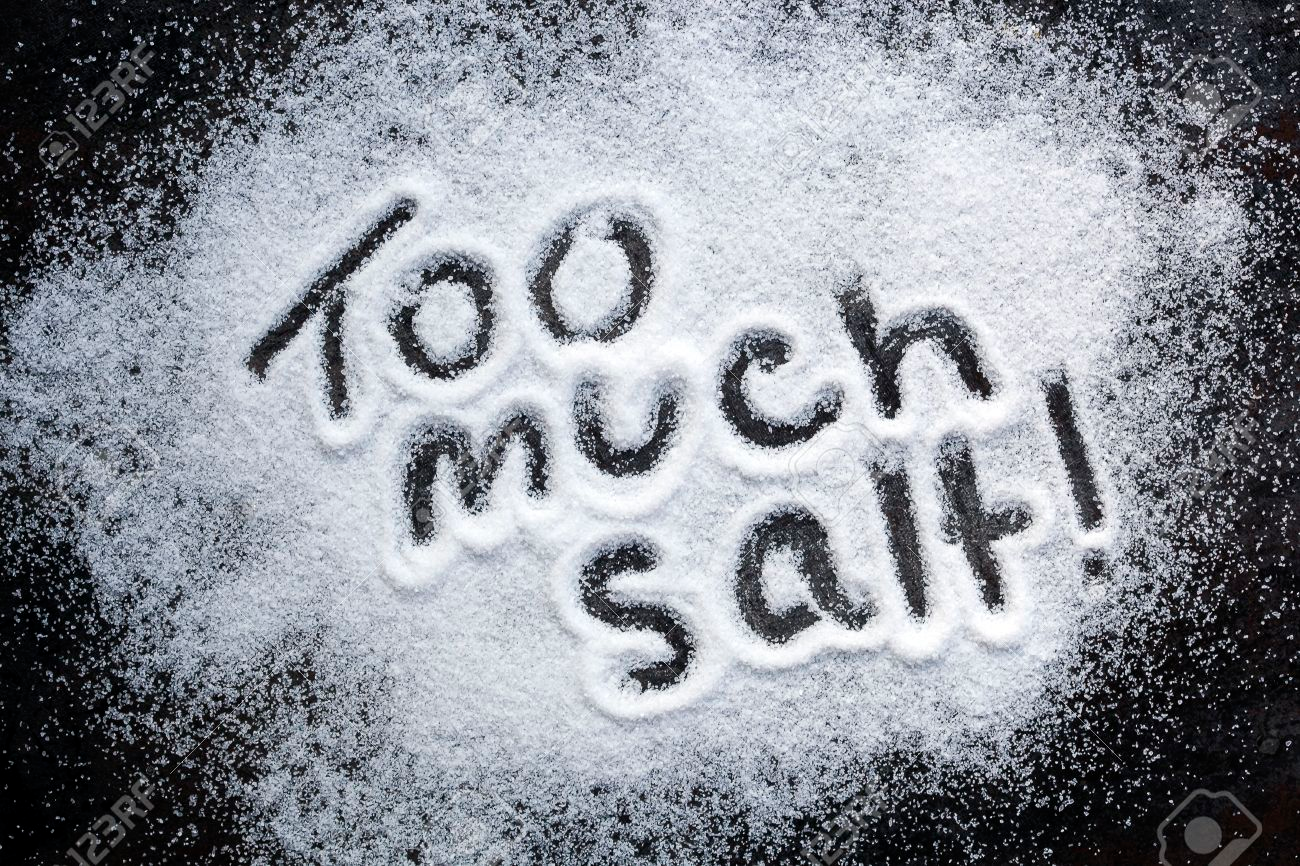Salt intake is a crucial parameter in determining the health of an individual. Having appropriately balanced salt in our diets is very important as excess consumption can lead to significant health-related issues such as hypertension, kidney damage, heart disease, and strokes. Due to lifestyle changes and habits, many people are known to consume an excessive amount of salt. Hence, the Food Safety and Standards Authority of India (FSSAI) has recently introduced simple methods and tips that can help individuals control their salt consumption daily.
The tips are as follows:
The FSSAI suggests that salt should be added after cooking the meal. This way, it becomes possible to use a limited amount of salt as it is consumed more while the food is being cooked.
The best possible way is to substitute salt with alternative seasonings such as carom seeds, dry mango powder, lemon powder, oregano, and black pepper powder.
Another useful tip was to not add salt to rice, puri, roti, or dosa – as it might hinder the natural sweetness of these items. Since these are the most commonly consumed grains, it is an easy and effective method to cut down salt intake.
Some food items are known to have a ‘hidden’ salt composition such as papad, chutney, sauce, pickles among others. Hence, by reducing the consumption of these items one can reduce their salt consumption by the maximum.
The FSSAI started this 21-day challenge on October 29, to involve people into opting for a much healthier lifestyle and reducing their salt consumption in the easiest way possible. As per the GBD study data, approximately 1.63 million died suffering from hypertension in 2016 out of which, 54.5% died due to high blood pressure, 56.2% from kidney disorders, and 54.2% died due to heart disease. All these health conditions have been extensively associated with high sodium (source-salt) concentration in the body.
The author is a student of Amity centre of Happiness





